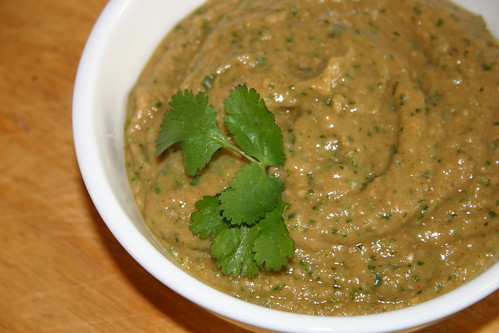"It's time for us to take a giant step," Ortiz said on March 10, 2010. "We need to talk about two ingredients of salt: health care costs and deaths."
It is Ortiz's intention to increase awareness of the harmful effects of excess salt in our foods. The campaign's goal is to reduce the intake of salt by 50% in the next ten years.
If this bill is passed, a fine of upto $1,000 could be imposed on violators.
Chefs are not happy. Tom Colicchio of the show Top Chef, says, "Anybody who wants to taste food with no salt, go to a hospital and taste that."
It is exactly what Assemblyman Ortiz fears might happen if they did eat salt.
On the other hand, practically speaking, salt plays a specific role in cooking.
Shirley O. Corriher, a food scientist, writes in “CookWise: The Hows and Whys of Successful Cooking,” that even the minimum amount of salt plays four important roles in the development of dough: "It enhances flavor, controls bacteria, slows yeast activity and strengthens dough by tightening gluten."
Katherine Mangu-Ward of Reason.com, a free-market themed blog, says:
New York is no stranger to such bans. A ban on the use of trans-fat was imposed in 2008.Pasta water must be salted, for instance, to flavor the noodles themselves. Salting onions at the right moment is key to successfully caramelizing them. Salting eggplant before cooking reduces bitterness in the final dish. And then there's brining and pickling, not to mention the vital importance of salt in the science of baking.
A tax on soda is in the works. Ortiz will take care of his people, whether they like it or not.
Well, salt or no salt?
Hypertensive that I am, I must selfishly agree with Ortiz, but I do feel the pain of those for whom cooking is an art form.
Read more: http://www.nydailynews.com/ny_local/2010/03/11/2010-03-11_assault_on_salt_an_insult_chefs.html#ixzz0j8iTlcd




